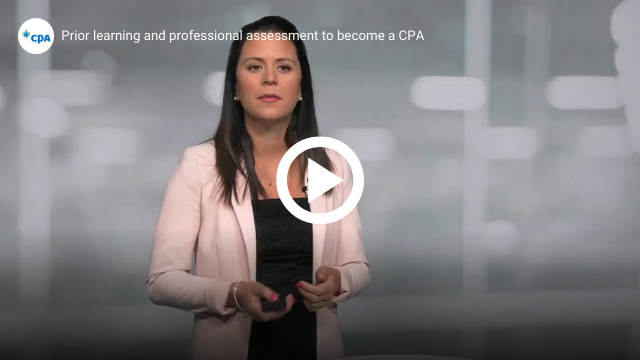
Training equivalence
The "training equivalence" profile is intended for professionals who were trained in Canada or abroad and do not hold one of the bachelor's degrees recognized by the Order.
The process at a glance:
The process at a glance:
Open the file and submit the necessary documents
Please allow 60 business days to process your application**.
Before you begin, have you checked to make sure that your status in Quebec allows you to study here? Contact the MIFI for more details


Open your file >
*For security reasons, we ask that you avoid sending documents by email. Your documents must be uploaded to your online account. Please note that no documents, whether sent by you or by another organization, will be returned.
**Please note that due to a high volume of applications, our processing times may be longer than usual. Rest assured that every effort is made to ensure that files are processed as quickly as possible.
-
2 pieces of identification
-
- You must provide two pieces of identification issued by competent authorities (front/back).
- Accepted file types: PDF, JPEG or PNG.
-
Degrees
-
- You must provide a copy of all your degrees.
- Documents that are not written in French or English must be translated by a certified translator.
- A complete document consists of a copy of the original and its translation.
- Accepted file type: PDF.
-
Transcripts
-
List of prerequisite courses signed by the university
-
- You must provide the list of prerequisite courses obtained in step 1.
- Accepted file type: PDF.
-
Comparative evaluation of studies completed outside Quebec
-
- You must provide the official version of the comparative evaluation of your studies issued by the Ministère de l'Immigration, de la Francisation et de l'Intégration (MIFI) or World Education Services (WES).
- The comparative evaluation analyzes your studies on the basis of the Canadian or Quebec education system. It is an expert opinion issued for information purposes only. We require this evaluation to determine whether you meet the regulatory requirement for university studies.
- In the case of WES, you must submit the official course by course Educational Credential Assessment and not the abbreviated version. Please note that the WES version intended for obtaining your immigration status is not authorized.
- Studies that are not included in the comparative evaluation will not be taken into consideration when your application is reviewed by the Order.
- The Order can provide you with a request letter that you can send to the MIFI in order to expedite the evaluation process. Request one by clicking here.
- Accepted file type: PDF.
-
Curriculum vitae
-
- You must provide us with your curriculum vitae so that we can quickly ascertain where you acquired your experience (including the country), the positions you held, and the tasks you performed.
- This will help the Order determine whether you have acquired and kept up to date specific skills and knowledge when it reviews your file.
- Accepted file type: PDF.
-
Membership in an accounting organization
-
- You can provide, where applicable, proof of membership in an accounting organization.
- To be considered, the proof must include a letter of good standing provided by the organization concerned. A membership card may not be submitted as proof.
- Accepted file type: PDF.

Pay the fees
Pay the fees
Fees for opening and reviewing your file:
- $63.24 for opening your file
- $186.26 for reviewing your file
Additional fees for specific situations:
- $63.24 for reviewing an additional course list or updating your file
- $63.24 for expedited processing of the application (for this profile only)

Pass the prerequisite courses
Pass the prerequisite courses
Please note that the Order requires a grade point average of 2.8/4.3 for admission to the PEP, but the universities may have additional requirements.
Furthermore, if you successfully completed the courses more than 5 years ago, we may ask you to take specific qualifying courses, because the profession is constantly evolving.

